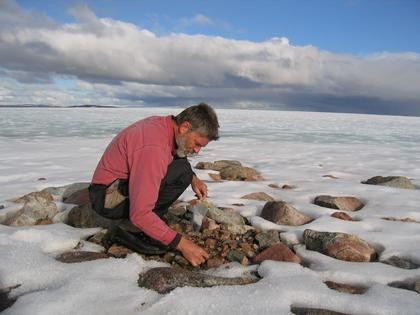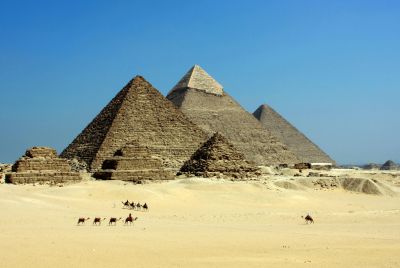Volcanic Eruptions Behind Minor Ice Age: Study

Researchers from the University of Colorado in the U.S. have established that a volcanic eruption was the major reason behind the minor Ice Age that happened, according to a University statement, sometime after the Middle Ages and lasted into the late 19<sup>th century.
The scientists came to their conclusion after collecting and examining fossilized plant samples from Iceland and Canada. The Ice Age in question affected several places across the world, including those in South America, Europe and China; it was particularly noticed in the northern parts of Europe.
Advancing glaciers in mountain valleys destroyed the towns and some famous paintings of the period depict people ice-skating on the Thames River in London and on canals in the Netherlands.
During the research, the team studied 150 samples of dead plant material, with roots intact, collected from beneath receding ice margins of ice caps on Baffin Island. The plants at low-lying and higher altitudes all died at roughly the same time, indicating the onset of the Little Ice Age on Baffin Island.
Researchers used the National Council of Atmospheric Research (NCAR)-based Community Climate System Model to test the effects of volcanic cooling on Arctic sea ice extent and mass. The model, which showed the growth of sea ice conditions from about A.D. 1150-1700, also showed several large and closely-spaced eruptions that could have cooled the Northern Hemisphere enough to trigger Arctic sea ice growth.
Previously, scientists believed the Ice Age in question was caused either by decreased summer solar radiation or erupting volcanoes that cooled the planet by ejecting shiny aerosol particles that reflected sunlight back into space, or a combination of both.
The recent study seems to have cleared up that mystery.
"This is the first time anyone has clearly identified the specific onset of the cold times marking the start of the Little Ice Age," said Gifford Miller, a professor at the University of Colorado.
"Our simulations showed that the volcanic eruptions may have had a profound cooling effect," said Bette Otto-Bliesner, a scientist at the NCAR, "The eruptions could have triggered a chain reaction, affecting sea ice and ocean currents in a way that lowered temperatures for centuries."
© Copyright IBTimes 2025. All rights reserved.





















